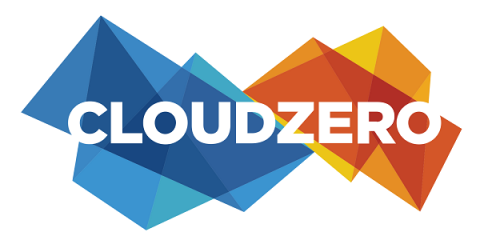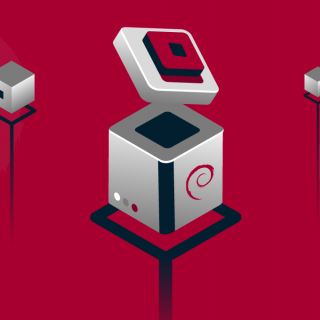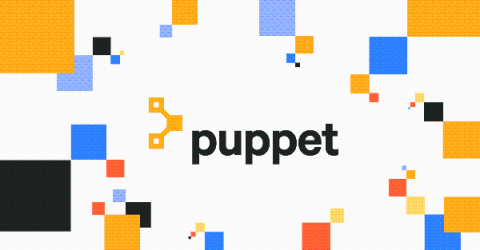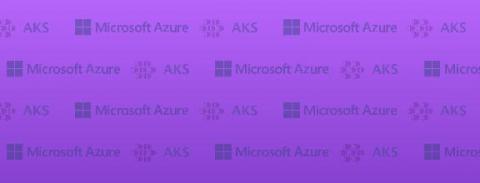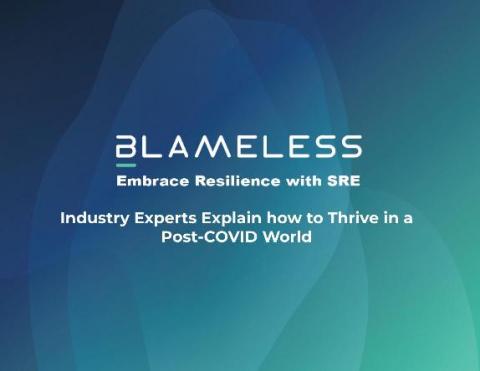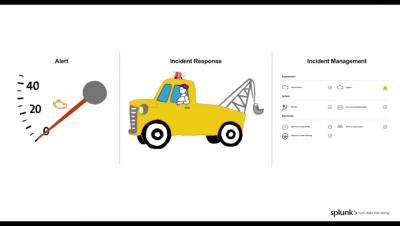Understanding the Complete Cloud Cost of Kubernetes
When organizations think about the relationship between Kubernetes and cloud costs, they often focus on Kubernetes’ auto-scaling capabilities and what this means for optimizing compute resources. Kubernetes does allow organizations to provision compute resources more thinly, because the platform allows them to scale up automatically if there’s a demand spike in the middle of the night.


